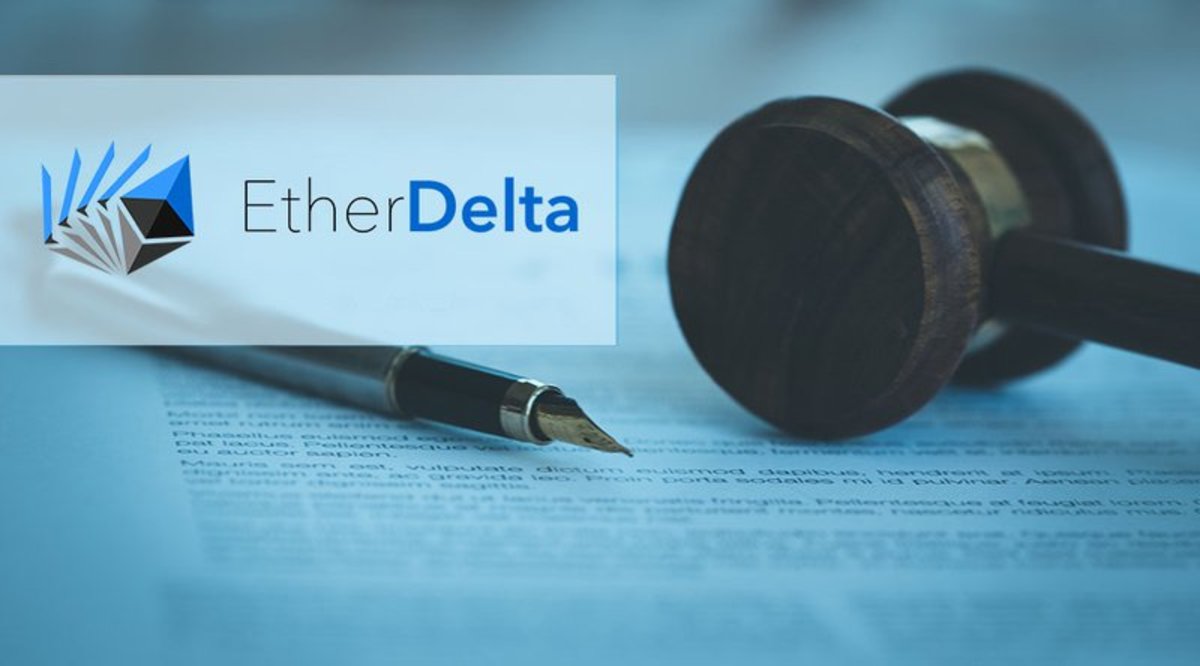
In an apparent first, the U.S. Securities and Exchange Commission (SEC) has charged the founder of EtherDelta, Zachary Coburn, with running an “unregistered national securities exchange,” according to a press release from the regulator.
“EtherDelta provided a marketplace for bringing together buyers and sellers for digital asset securities through the combined use of an order book, a website that displayed orders, and a ‘smart contract’ run on the Ethereum blockchain,” the agency noted.
EtherDelta's users have processed over 3.6 million orders for ERC20 tokens during an 18-month period, including those that are defined as securities under the federal securities law, the SEC explained. It went further to argue that a large majority of the orders placed on the platforms "were traded after the Commission issued its 2017 DAO Report," which stipulated that certain assets like the DAO tokens were securities, placing any platform that offered trading of such "digital asset securities" under the "SEC's requirement that exchanges register or operate pursuant to an exemption."
EtherDelta, which operates a trustless exchange where it only provides a platform for users to trade, failed to register with the regulator or file for an exemption, the agency stated.
The release also noted that the SEC had taken enforcement actions against a handful of tokens that had once traded on the exchange.
Stephanie Avakian, co-director of the SEC's Enforcement Division, spoke on the charges against EtherDelta, arguing that it was mandatory for the platform to register with the SEC as it had "both the user interface and underlying functionality of an online national securities exchange."
Coburn, who has neither admitted or denied the findings of the agency, had cooperated with the agency by agreeing to pay over $300,000 in disgorgement, as well as $13,000 in prejudgment interest and an additional $75,000 fine.










